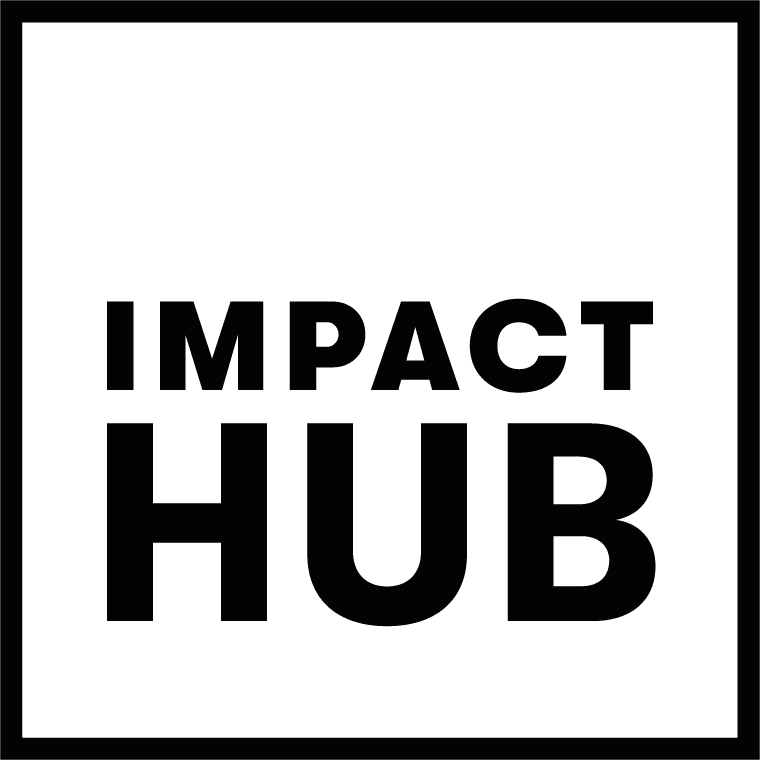The idea was born during a hike in the mountains in the northern part of the Philippines. The lack of a sustainable and inexpensive lighting system for the local population of the country was triggering them to come up with a solution. And they found one. Raphael and Aisa Mijeno, brother and sister, developed a metal-air based energy source that uses salt water as the medium to generate electricity. Together they run their social enterprise called SALt, the acronym for Sustainable Alternative Lighting. Their mission is to address the light inequality gap between people who have electricity and people who have not. We had the opportunity to speak with Raphael about his journey with SALt.


With the light emitted by the first prototype, you could barely read a book. We did arduous engineering testing and gathered data from our early adopters to improve the efficiency of the lantern. So far, we have done six iterations to attain our design and functionality goals. Seeing the latest improvements in terms of efficiency, we are even more thrilled to produce more products based on the technology. And this what makes our solution unique, because we have created a long-term and sustainable solution that is scalable both business and technology-wise. In comparison with other products, the lifespan is ten times longer. It is cheaper and it is therefore accessible to a broader audience.
Entrepreneurial journey
Having a degree in Business Administration/Management does not guarantee a successful venture, and I must admit, it has been a tough journey but inspiring at the same time for us. They say experience is the best teacher and I could not agree more. You have to develop a lot of skills, you have to do everything on your own and it is a constant learning process. Nevertheless, it is also the most satisfying work because we have created something bigger than ourselves. This is not just a venture to make a profit of; this is community building, community development. The responsibility may be even bigger than running a traditional business, but what makes us push forward is seeing the positive impact we bring the society. And working with someone you have known all your life to bring positive change to the world is even more fulfilling.


Our next goal is to transition from low rate production (a very small scale of 20-30 lamps per week) to mass production projecting to have 500 units a day all thanks to our manufacturing partners. Over the course of product development, we were able to close deals essential for the growth of the social enterprise and have partnered with major suppliers and manufacturing industry.
Accelerate expectations


This article is one in a series in which we get to know the International Finalists of our Accelerate2030 program a little bit better. Accelerate2030 is a 9-month program co-initiated by Impact Hub Geneva and the UNDP with a mission to scale the impact of ventures that contribute towards the Sustainable Development Goals internationally. All nine finalists will be present at the Impact Hub Geneva from the 6th until the 13th of October during the Scaling week.


